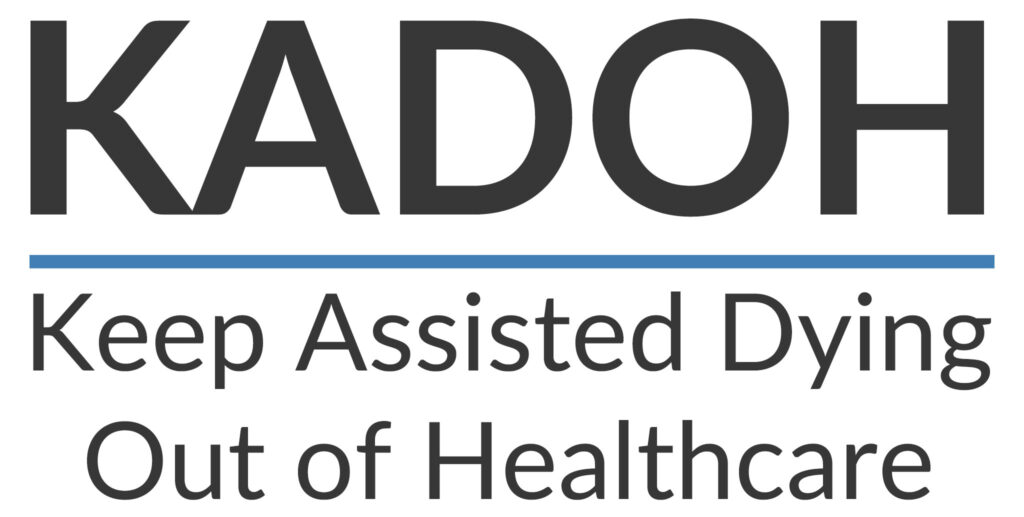Countries
around the world are making it easier to choose the time and manner of your
death. But doctors in the world’s euthanasia capital are starting to worry
about the consequences
By Christopher de Bellaigue
Guardian Long Read January 18th 2018
OPINION by Bill Noble
This thoughtful and well-written piece by a journalist describes some of the unforeseen consequences for our Dutch colleagues after 20 years of decriminalised and legal euthanasia. He identifies the new ethical questions that open up when the one over providing euthanasia for people with a terminal illness becomes part of healthcare.
In one example of his insight, following the harrowing accounts of euthanasia in people with dementia, de Bellaigue examines the difficulty with advance directives in circumstances when an individual’s cognition, understanding and personality changes with a disease: “Many doctors, having watched patients adapt to circumstances they had once expected to find intolerable, doubt whether anyone can accurately predict what they will want after their condition worsens.”
His final section looks forward to the possibility of an age-limited process of state-assisted suicide, without the involvement of doctors: “Two years ago the Netherlands’ health and justice ministers issued a joint proposal for a “completed life” pill that would give anyone over 70 years of age the right to receive a lethal poison, cutting the doctor out of the equation completely…………… doctors and end-of-life specialists I spoke to expect legislation to introduce such a completed-life bill to come before parliament in due course. Assuming it could be properly safeguarded (a big assumption), the completed-life pill would not necessarily displease many doctors I spoke to; it would allow them to get back to saving lives.”
